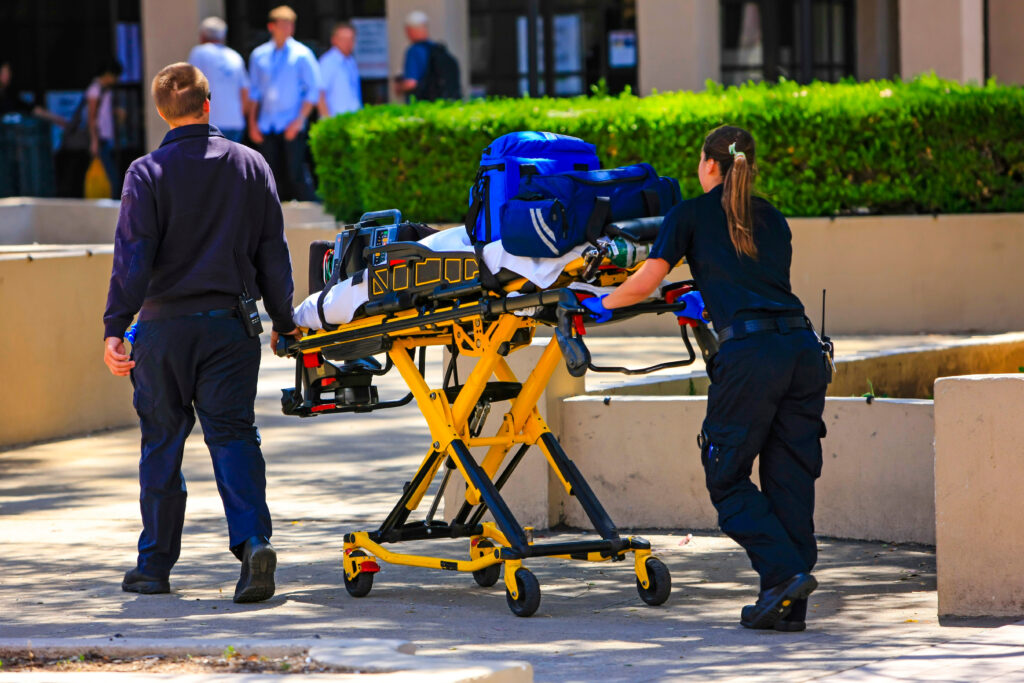Ambulance response times can be 50 minutes or more. That’s what Chris Hall, executive director of the West Virginia EMS Coalition told the Committee on Volunteer Fire Departments and Emergency Medical Services in a Sunday interim meeting.
“There’s maybe a case where the heart attack comes in, and we’re having response times that may take an hour or more to respond because there’s not an ambulance available in that person’s county,” Hall said.
Hall said the disappearance of federal grants, decreases in volunteerism and the soaring cost of medical equipment have many EMS squads vastly under supported. He said the cost of ambulances for example have gone up 20 percent, and a stretcher now costs $35,000.
“To purchase, equip, and put all the medical required medical supplies on an ambulance is running from $300,000 to $500,000,” Hall said.
Hall made the point to lawmakers that EMS squads only get paid when they transport a patent, not just for going to the call and rendering aid.
“There’s about 30 percent of the transporting EMS agencies in West Virginia that transport one patient or less per day,” Hall said. “When you’re talking about those kinds of fixed capital cost, there’s no way to recover that based solely on the reimbursement of transporting one patient a day.”
Hall said West Virginia is the only state in our region that doesn’t provide any state support for EMS.
“You see other streams of funding used in other states, such as vehicle licensing fees going to EMS and driver’s license fees,” Hall said. “Pennsylvania sends a portion of their version of the coal severance tax back down to EMS and fire.”
Hall suggested the state set up a graduated grant program to fill the need of about 250 new ambulances.
“We think maybe potentially the state could come in and do 50 a year,” Hall said. “You do that over a five-year period, and every county gets the minimum number of ambulances that they need.”
Hall suggested EMS agencies get access to state purchasing and that cost reforms were needed in EMS licensing and certification. He suggested that the state increase wages and ramp up its first responder mental health initiatives.
“We need a centralized database of resources available for mental health out there,” Hall said. “There’s a number of virtual programs that would cover all EMS personnel in the state for about $600,000 a year. And we’d like to see funding presented to the Office of EMS to employ a full-time mental health coordinator.”
Committee co-chair Del. Joe Statler, R-Monongalia, said he was a sponsor of three bills now in the drafting stage to address some of the EMS needs.




















